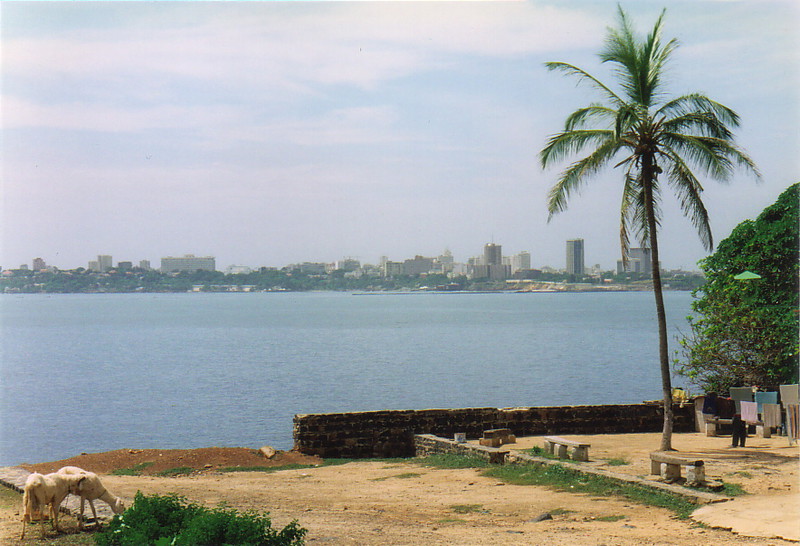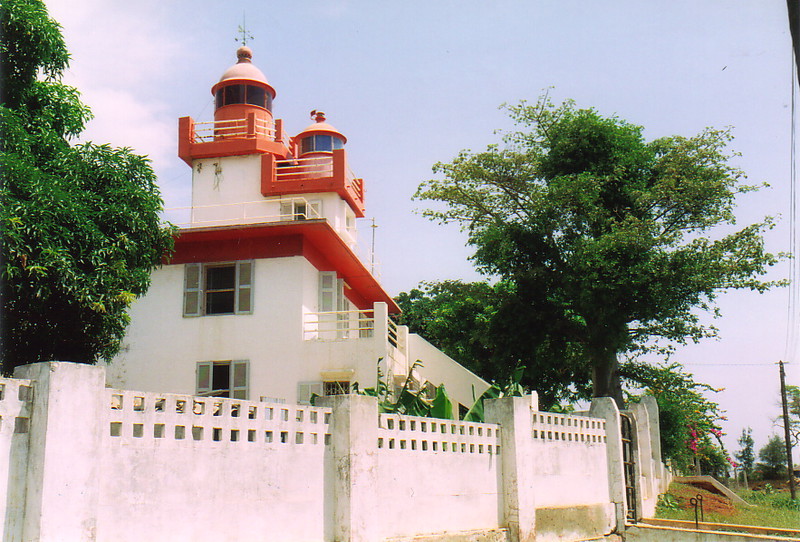
Dakar, the capital of Senegal and the first destination in my African trip, was nearly spoiled before I even got here. Peppering my guidebook's description of Senegal are sections that make it sound as if Dakar is a lethal place, second only to the Nigerian capital Lagos in terms of crime; but despite a fair amount of looking, I can't find the petty criminals the book is at pains to warn me about.
'Dakar is notorious for thefts and muggings against visitors, frequently in broad daylight,' it says in its section on the westernmost city in Africa. It goes on to describe how gangs of thieves will surround you, one of them distracting you while the others pick your pockets or unclip your money belt. Faced with this sort of description I couldn't help but wander round on my first few days in a state of ultra-alertness, jumping at anything out of the ordinary. Of course, this being Africa, practically everything is out of the ordinary anyway, and I've been doing a lot of jumping.

Certainly Dakar has some worrying aspects. Most large shops and banks have at least two security guards looming in front of them and government buildings are guarded by soldiers sporting not inconsiderable firepower, but underneath this fierce exterior Dakar feels fine.
Sure, scam merchants float up from the crowds and try to pull the usual tricks – selling themselves as guides for the day, trying to flog you all sorts of junk at inflated prices, attempting to steer you towards their shops – but it doesn't feel threatening. After a couple of days in town I feel a little ashamed that I took the guidebook at face value; I was being paranoid for no reason.

Perhaps because of this guilt, I've decided to explore Dakar on foot. I'm walking everywhere, only using transport to get to and from my hotel in the distant suburb of Yoff, and it's pretty obvious that the oppressive heat is far more dangerous than the locals. Dakar is centred round the Place de l'Indépendance, home to the more insistent street-sellers, but if you head away from the centre things soon calm down to a more relaxed pace. For example, about 1km to the south of the city lies Cap Manuel, a small promontory that sports a weather-beaten red lighthouse, and in most cities a headland like this would be crammed with housing and pollution; in Dakar, however, it's peaceful, pleasant and not remotely crowded. It's this close combination of frenetic city centre and sleepy suburb that marks Dakar apart from most busy cities, and although there isn't a great deal here to occupy the tourist masses – me, in other words – it's pleasant enough.
It's certainly not as bad as the books would have you believe...